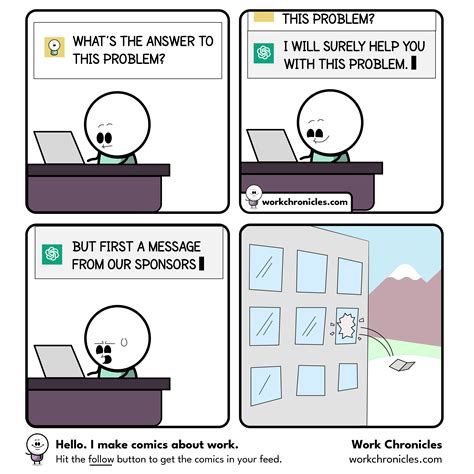SEO vs GEO
We used to go to Google to get answers but it often led to a frustrating or at best time consuming set of links, many of which were paid ads that simply pick up on a keyword you’re using.
AI is better at delivering an answer without the message from our sponsors Google and other engines push at us first.
But what is the difference between Search engines and Generative AI answers from a technical perspective, and more importantly how do you as a business get your content surfaced in AI responses?


Steve Jackson
Chief Data Officer
Steve has over 20 years experience with getting the most out of data platforms having made his clients 100s of millions in cost savings or sales directly attributable to his work. For the last 5 years he has been building an AI driven travel SaaS and vibe coding his way through all kinds of software development hell!
Simplified Comparison Table of SEO vs GEO
| What It Covers | SEO (Search Engine Optimization) | GEO (Generative Engine Optimization) |
|---|---|---|
| What’s the goal? | Get your website seen on Google and similar search engines | Get mentioned or quoted in answers from AI tools like ChatGPT or Bard |
| Where does it appear? | Search engines (Google, Bing, etc.) | AI assistants (ChatGPT, Google AI Overviews, etc.) |
| How is it ranked? | Google uses secret formulas with 200+ rules | AI decides based on what it can understand and reuse in its answers |
| What matters most? | Keywords, links from other sites, fast-loading pages | Clear, trustworthy content that AI can summarize or reference easily |
| What do you measure? | Website visitors, search rankings, clicks, backlinks | Whether AI uses your info, how often it’s cited, and user interaction |
| What kind of content? | Long, keyword-focused articles that attract searches | Short, clear facts or summaries that AI can grab and explain quickly |
| How do users interact? | They click on your site from search results | They read your content straight inside an AI answer |
| Where do visitors come from? | People searching on Google or Bing | People reading AI-generated answers powered by your content |
| How often do rules change? | Google updates its algorithm a few times a year | AI tools are updated constantly as they learn and improve |

So How Do You Get Your Content Into AI Responses?
If SEO was about ranking high on search engines, GEO is about being chosen by AI to answer a question.
Here are some ways to get your content picked up by AI systems like ChatGPT, Bard, or Google AI Overviews:
Write Clear, Direct Answers.
AI looks for concise, self-contained paragraphs that can be easily quoted. Think: Q&A format, definitions, step-by-step guides, or comparisons (like this article).
Use Structured Content.
Format your pages with:
- Headings in H1 and H2 html tags
- Lists and tables
- Short paragraphs
- Clean HTML
This helps AI parse and understand your content better.
Focus on E-E-A-T (Experience, Expertise, Authority, Trust)
Standard SEO tactics for the last 10 years also work. AI models use cues similar to Google:
- Author bios and credentials
- Company “About” pages
- External references and citations
- Transparent sources and tone
Answer Real Questions
Use tools to find out what people ask like:
- People Also Ask (a Google SERP feature that provides users with additional questions related to their original search query and quick answers to them)
- ChatGPT queries in your industry
- AnswerThePublic or SEMrush
Find common questions and write content that clearly answers those questions. For instance this article was written about answering the question, what’s the difference between SEO and GEO?
Be Citable and Linkable
AI often pulls from trusted, well-linked pages. Make sure your content is:
- Public and crawlable
- Linked from other relevant websites
- Free of pop-ups or login walls
Stay Updated and Consistent
AI models are retrained or updated continuously. Regularly publish and refresh content to stay relevant in the training cycles and web crawls.
In short, if you want your business to show up in AI answers, write for humans and AI: clear, helpful, structured, and trustworthy.

